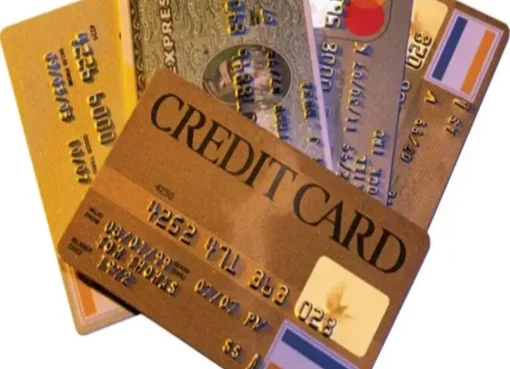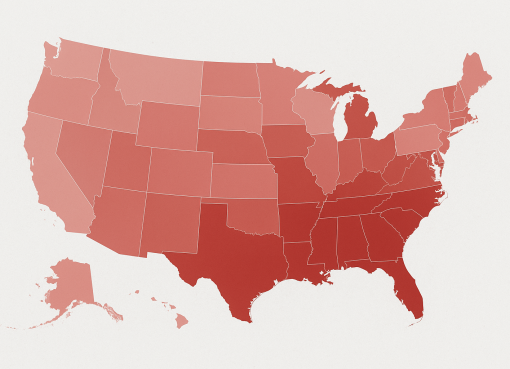Dealing with one’s personal finances is one of the hardest aspects of life. However, with some helpful advice, learning how to deal with your finances can be simple. The following article is going to provide you with this advice and when used properly, you will find your whole financial situation improved.
The most important factor in successful personal finance is effective money management. Work to protect your profits and invest capital. You will see a return on your investments by managing profits. Set aside a specific percentage of profits earned, and invest the rest in capital that can make you even more profit.
Budget, budget, budget – yes, whatever you do, make a budget. The only way to know what is coming in and what is going out is with a budget and a ledger. Whether it’s with pen and paper or a computer program, sit down and get it done. Your finances will thank you for it.
Take a look online and see what the average salary is for your profession and area. If you aren’t making as much money as you should be consider asking for a raise if you have been with the company for a year or more. The more you make the better your finances will be.
Set up an automatic overdraft payment to your checking account from a savings account or line of credit. Many credit unions and banks do not charge for this service, but even if it costs a little it still beats bouncing a check or having an electronic payment returned if you lose track of your balance.
Make sure that you set a goal for how much you want to save per month, whether it is a percentage or dollar amount. Setting this goal will prevent you from extra spending at the end of the month, knowing that you have to hit a certain benchmark to succeed.
If you want to keep your credit score as high as possible, you should have between two and four credit cards in active use. Having at least two cards helps you establish a clear payment history, and if you’ve been paying them off it raises your score. Holding more than four cards at a time, however, makes it look like you’re trying to carry too much debt, and hurts your score.
If you are trying to repair your credit score, you have to be patient. Changes to your score will not happen the day after you pay off your credit card bill. It can take up to ten years before old debt is off of your credit history. Continue to pay your bills on time, and you will get there, though.
You should use a flexible spending account to your advantage. Flexible spending accounts can provide savings on qualified expenses such as medical costs, and child daycare bills. Use these accounts to put pretax money aside for medical or similar expenses. As some conditions are usually attached to these accounts, be sure to consult a tax professional.
As stated in the beginning of this article, it can be hard to deal with with your personal finances. But, now if you use the tips provided to you above, you will see your finances to be more secure. In turn, you may find your whole life to be improved.


